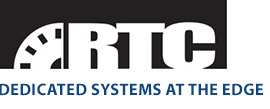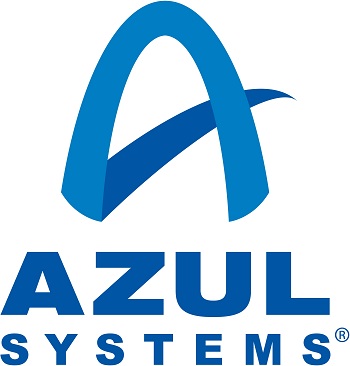Azul Systems’ Addressable Market Opportunity Increases to $2.5B as Oracle Moves Away from Free Java Support and Updates, Says Independent Analyst
Survey finds 80% of senior Java decision-makers are looking for another Java business partner
According to a survey of enterprise Java users commissioned by Azul Systems (Azul) and conducted in December 2019 by a leading global independent strategic consulting firm[1], Azul—the world’s most trusted open source Java platform—faces a tremendous growth opportunity. Oracle has shifted from providing free Java updates to requiring paid subscriptions to keep production Java SE 8 and Java SE 11 deployments secure and up-to-date. This shift is a significant change that continues to rock the market, tremendously expanding Azul’s total addressable market to $2.5B.
According to the firm’s report, based on a survey of 432 senior Java decision-makers across a wide range of industries, some customers have decided to stay with their existing Oracle-made JDKs, but are finding that their support costs are likely to skyrocket as a result. The rest—fully 80% of Oracle JDK users—are now in the process of considering other options. Some of these are evaluating free open source products; but, with no support or urgent patches provided, these pose substantial risks. The rest—about half of current Oracle JDK users—need cost-effective, enterprise-class solutions that come with timely, production-quality updates, and are therefore “up for grabs.”
In a similar study of software developers released in February, 2020, Oracle JDK had dropped to 34%[2]from the 70% “preferred distribution rating” reported by the same source in 2019, with the bulk of existing users moving to either free or supported OpenJDK-based deployments. Analysts agree that this is a potentially epic shift in the market, and that Azul is in a strong position to gain significant market share during the shake-up.
“Leading industry analysts agree that the majority of Oracle’s JVM customers are looking for a more cost-effective open source solution which supports otherwise unsupported older releases,” said Bill Coleman, Azul’s Chairman of the Board (and co-founder of enterprise software icon BEA Systems). “The potential growth opportunity for Azul is enormous. Every Java customer should include Azul in their evaluation right now. What they’ll find is that Azul OpenJDK is half the cost, on average, for what is essentially the same product combined with industry-leading support and extremely high customer satisfaction. Azul OpenJDK—Zulu, whether enterprise or embedded—is an equivalent product to Oracle’s but it’s 100% open source, supports more platforms and systems, and provides longer support for more Java versions, timely production-ready security patches with strict SLAs, and deeper and broader customer support.”
“In addition,” Coleman added, “The Azul Zing JVM is a higher-performing, pauseless solution with improved throughput which drives efficiencies, improves user satisfaction and time to market, and reduces infrastructure costs.”
The independent survey provides support for Coleman’s statements. “The most tangible benefit of using Azul OpenJDK,” explained one of the survey respondents, a CTO/CIO at a growing company, “is that I can use it with certainty absolutely everywhere. Versus other JDKs, Azul is usable with the same quality of performance across my cloud vendors and for my on-premises solutions in Windows, Linux, or whatever else.”

